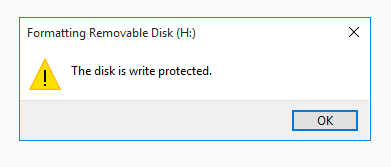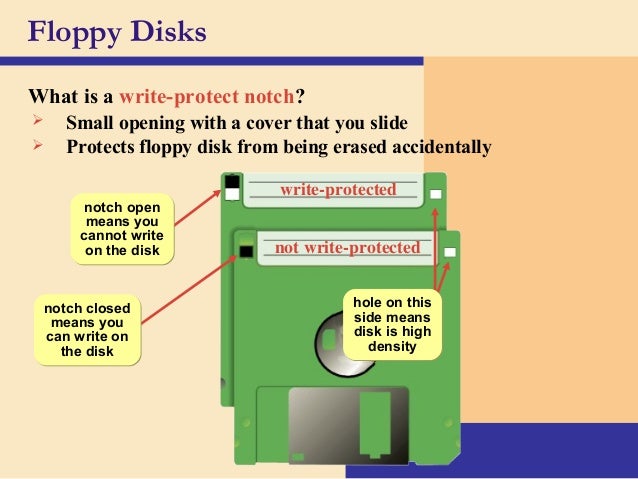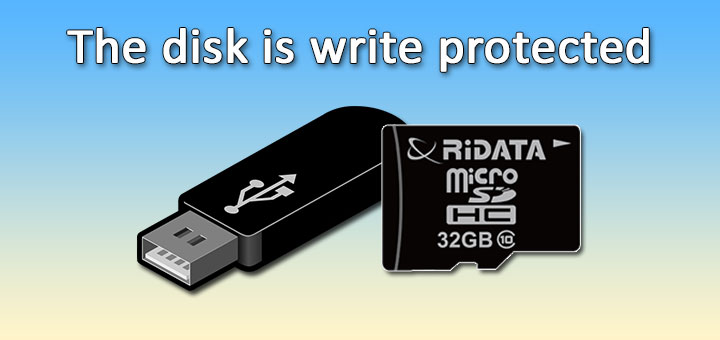



Now, you can just format the USB drive in Linux by entering the "mkfs" command. In our case, we will enter the command: $ sudo umount /dev/sdc1 To do this, you have to enter the "unmount" command, following by the identifier. To format the flash drive in Linux, we need to unmount it first.

When a USB drive is first attached to a Linux system, it is automatically mounted. For instance, in this case, it is identified as "/dev/sdc1". This will display a list of the connected media and disks with their details. To know its identifier, you can enter the "$ df" command. Now, attach your USB drive to the system and let it detect it. Also, you can go to the Dash widget on the GUI and search for "terminal" as well. Gnome users can also find it under Applications > Accessories. Firstly, you can just press the Ctrl + Alt + T keys at the same time to launch the Terminal window. There are different ways to launch Terminal on Linux. Step 1: Launch Terminal on your Linux system Therefore, it doesn't matter if you run a Fedora or Ubuntu, you can take the assistance of certain commands to format a USB stick in Linux. Terminal or Command Prompt is one of the most vital components in any operating system that lets us communicate with it via a command-line interface. Solution 1: Format USB Drive via Terminal (Command Prompt) Let's discuss both of these solutions in detail. Apart from that, you can also take the assistance of certain commands to access and format a USB drive in Linux. Therefore, the GUI solution to format a pen drive in Linux would depend on its distribution system. While Linux is a kernel, it is presented through different distribution systems like Ubuntu, Fedora, Debian, and so on. You might already know that Linux is one of the most widely used open-source operating systems in the world. Part 1: How to Format a USB Flash Drive in Linux?


 0 kommentar(er)
0 kommentar(er)
